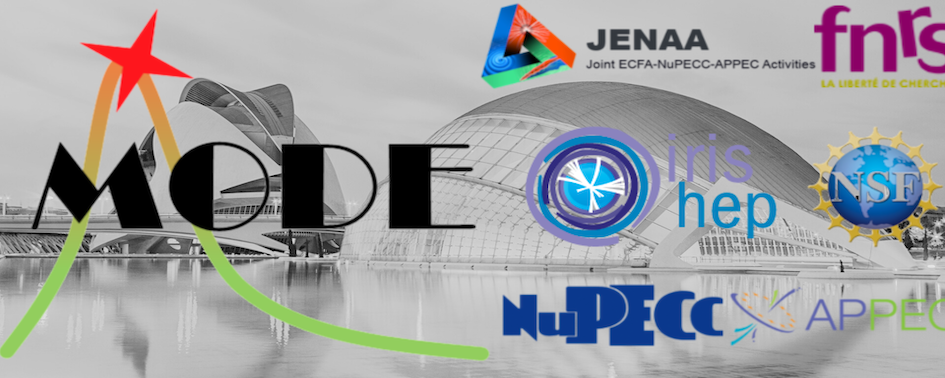Speaker
Description
Kokkos is a high-performance library allowing scientists to develop performance-portable C++ code capable of running on CPUs, GPUs and exotic hardware. The Kokkos infrastructure enables researchers to write generic code for libraries, frameworks, and scientific simulations such as climate simulation tools like Albany and HOMMEXX that can later be run on a large scale on any supercomputing hardware without code rewrites.
Kokkos enables differentiable programming using operator overloading tool, Sacado, which records and executes the linearised computation graph. On the other side of the tool spectrum is Clad. It uses the source transformation approach to AD where more advanced optimisations can be investigated. For Kokkos, Clad brings reverse mode support and increased scalability. The challenge with source transformation tools is incorporating framework-specific knowledge and expressing the analytical primitives specific to the framework.
In this talk, we discuss how Clad works and enables AD for large domain-specific frameworks such as Kokkos. We describe how Clad handles support for the C++ STL as another example of its flexibility. We explain extension points such as user-defined custom derivatives, which allow derivatives of Kokkos constructs to be expressed in terms of themselves, without falling back to precise hardware-dependent definitions. We delve into the specifics of the process and lessons learned while integrating Clad with Kokkos and show results demonstrating how Clad has facilitated efficient and scalable automatic differentiation with Kokkos.
